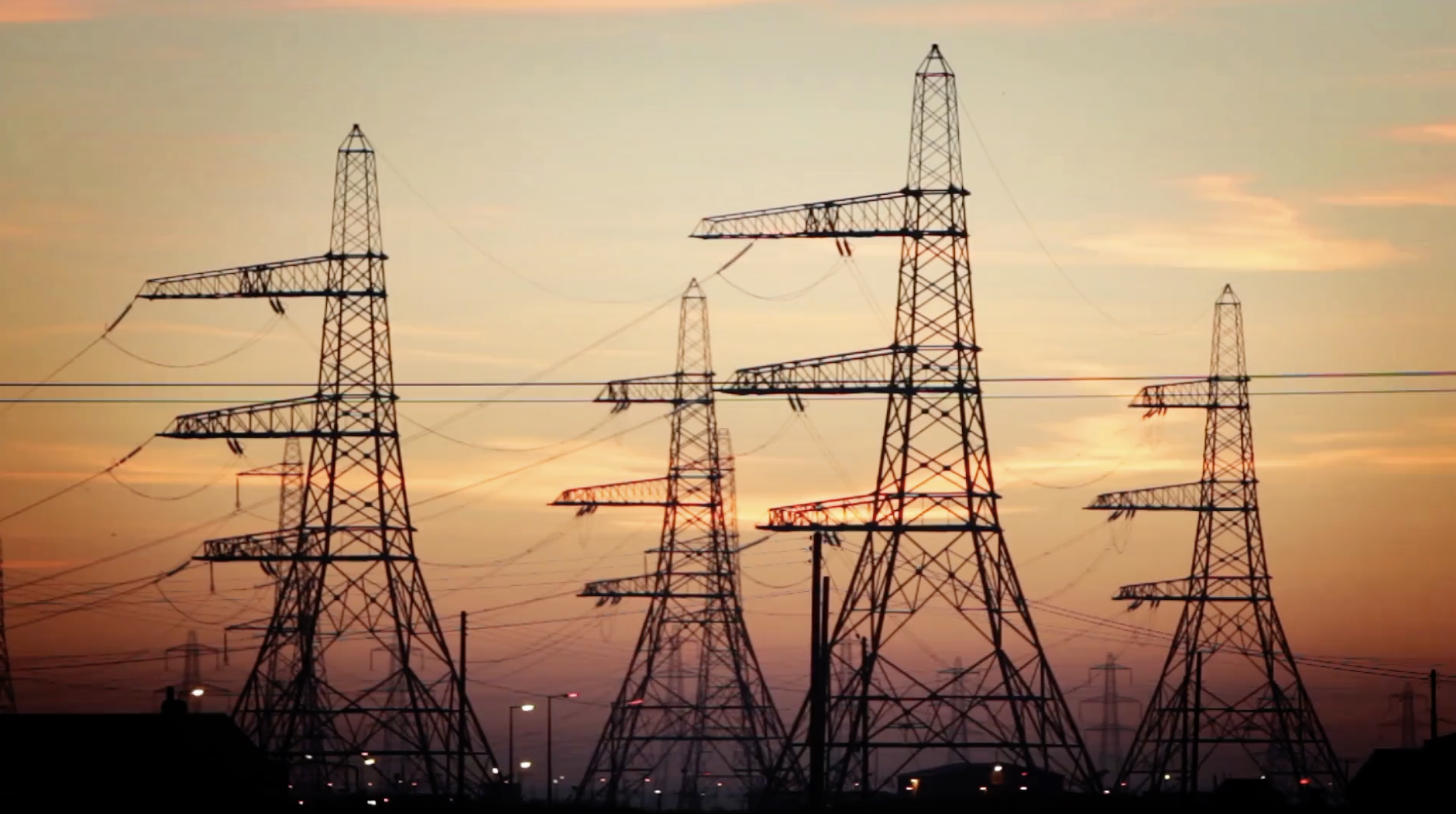

Catch the latest energy news from around the Great Lakes region. Check back for these biweekly Energy News Roundups.
Chicago Democrat Michael Madigan — known for being the longest-serving legislative leader in United States history — was convicted last week of conspiracy, bribery and wire fraud. The 23-count indictment accused Madigan, 82, who served as the Illinois House Speaker for all but two years between 1983 and 2021, of using his influence to pass favorable legislation for companies including ComEd, Illinois’ largest utility. Madigan was convicted of 10 counts and acquitted of seven. The jury deadlocked on the remaining six counts after more than 10 days of deliberation.
Meanwhile, ComEd announced $100 million in new rebates for electric vehicle purchases and charging installations. The rebates include about $53 million for business and public sector EV purchases, $38 million for non-residential infrastructure upgrades and $9 million for residential charging. ComEd’s rebate program comes as part of Illinois’ push to have a million EVs on the road by 2030. It is independent from the federal government, the utility said, meaning that it will not be impacted by the Trump administration’s attempts to block billions of dollars in grants and loans.
Federal funding for climate science is drying up under the Trump administration, too. That has imperiled research and development initiatives across the Great Lakes region, including several projects led by Indiana University professor Gabriel Filipelli, director of the school’s Environmental Resilience Institute. Proposals containing language related to diversity, equity, and inclusion — such as those related to environmental justice — are particularly at risk.
“I think what people don’t fully recognize,” Filipelli told Grist, “is that if you disrupt funding on a wide scale, even for a short time, the hangover effect lasts for a long time.”
Ohio’s top utility regulator said the state should prioritize building more “base load” power generation sources, like coal, natural gas and nuclear, as opposed to intermittent sources like renewables. Jenifer French, chair of the Public Utilities Commission of Ohio, told state lawmakers that the growth of manufacturing and data centers coupled with closures of aging fossil fuel plants “is leading to a supply and demand imbalance” on the electric grid.
The Chicago area is poised to double the size of its electric bus fleet. A $58 million state grant will help pay for 57 new electric buses, including 30 for the Chicago Transit Authority in the city and 27 for Pace in the suburbs. The transit agencies had previously purchased about 25 electric buses each and are aiming to fully electrify their bus fleets by 2040.
More energy news, in case you missed it:
- A Chinese manufacturer of lead acid batteries that has a base in Ann Arbor is suing the U.S. government after the company was blacklisted for allegedly using forced labor in China.
- The push to build electric vehicle charging infrastructure at consistent intervals along major U.S. transportation corridors, including highways across the Great Lakes region, is on hold amid opposition from the Trump administration.
- Rural electric cooperatives in Minnesota are using virtual power plants, networks of separate energy resources, to help electricity demand align with fluctuating generation from renewables.
- Michigan is giving Ford Motor Co. until March 2028 — rather than March 2027 — to invest at least $2.5 billion and create 1,700 jobs at an EV battery plant.
- The potential impacts of tariffs on imports from Canada and Mexico extend to the region’s already rattled energy sector.
Catch more news at Great Lakes Now:
For clean energy in the Great Lakes region, 2025 is off to an uneasy start
Energy sector holds its breath as nuclear power inches forward
Featured image: Time lapse electricity pylons at dusk. (Photo Credit: Great Lakes Now)



